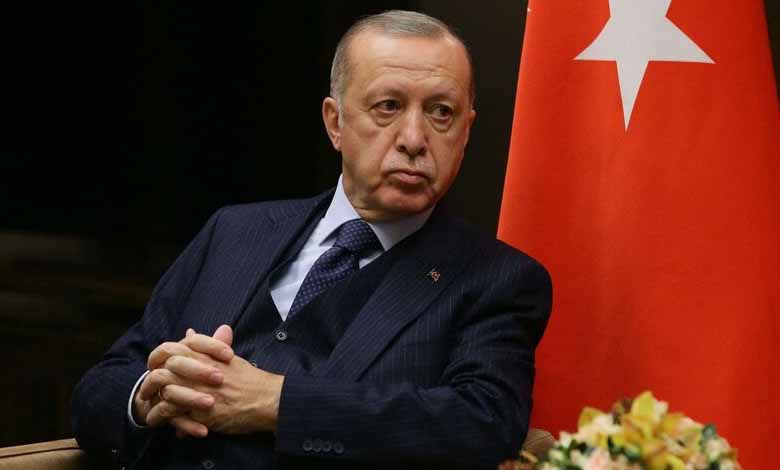Turkey: Erdogan passes law reducing required votes threshold to 7%

Turkey amended its electoral threshold law, reducing the proportion of national votes the party needs to enter parliament from 10% to 7%, and the change is widely seen as an attempt to divide the opposition.
Observers see Turkish President Recep Tayyip Erdogan’s move to amend the election law as a risky attempt to derail dissident conservatives.
Election law
According to the U.S. website Al-Monitor, the 10% threshold – the highest in the world – was introduced by the generals after the 1980 coup, ostensibly to end the political unrest and violence of the 1970s, requiring the party to achieve at least 10% of all votes across the country to enter parliament, and was generally seen as an attempt to prevent Kurdish and leftist parties from obtaining representation.
Votes cast for parties that do not exceed the minimum shall be distributed to other parties in accordance with their share of voting in specified constituencies.
A Turkish source confirmed that the previous threshold served the current AKP government, especially when the party came to power in 2002.
That year, several parties failed to reach the national threshold and about 46 percent of the votes were redistributed, giving the AKP more than two-thirds of the seats despite winning just 34% of the vote.
New change
Informed sources confirmed that the obvious beneficiary of the new Threshold Law, which was passed by the parliament last Thursday, is the Nationalist Movement Party, which has supported President Recep Tayyip Erdogan’s Justice and Development Party (AKP) for the past seven years.
The sources added that since the formation of a dissident nationalist party, the Saleh Party, the Nationalist Movement Party has witnessed a decline in its support, winning 11.1% of the votes in the 2018 elections, but currently occupying around 7%. Support for the AKP fell to around 31% from 42.6% in 2018.
The two parties joined the PA four years ago and together hold 333 seats in the 600-seat parliament.
According to observers, the 7% threshold could give the NDP more leverage over its major coalition partner, yet the main goal of the new law is to restrict the choices of the two parties that split from the AKP.
Gelicek, founded in late 2019 by former AKP Prime Minister Ahmet Davutoglu, and Deva, founded a few months later by Erdogan’s deputy prime minister, Ali Babacan, are the same right-wing and religiously conservative voters who make up the AKP – the backbone of the ruling party.
Opposition partition
Berk Esen, associate professor of political science at Sabanci University in Istanbul and ABC Mercator Fellow at the German Institute for International and Security Affairs, said: “Erdogan’s entire strategy, which dates back to 2002, is to prevent a powerful alternative emerging from the right”.
If the new threshold were set at a lower level, he said, it might have inspired splinter parties to distance themselves from the main opposition Republican People’s Party (CHP), which is a curse for many conservative voters because of its secular outlook.
Esen said: “By forcing Deva and Gelicek to join the CHP early, it is an attempt by Erdogan to weaken them, and I think Erdogan’s plan is to push these parties into an electoral alliance and the reason the CHP has changed the distribution of MPs, which weakens the bargaining power of the small parties, is to force them to join a coalition and perhaps work under the CHP or the second party”.












